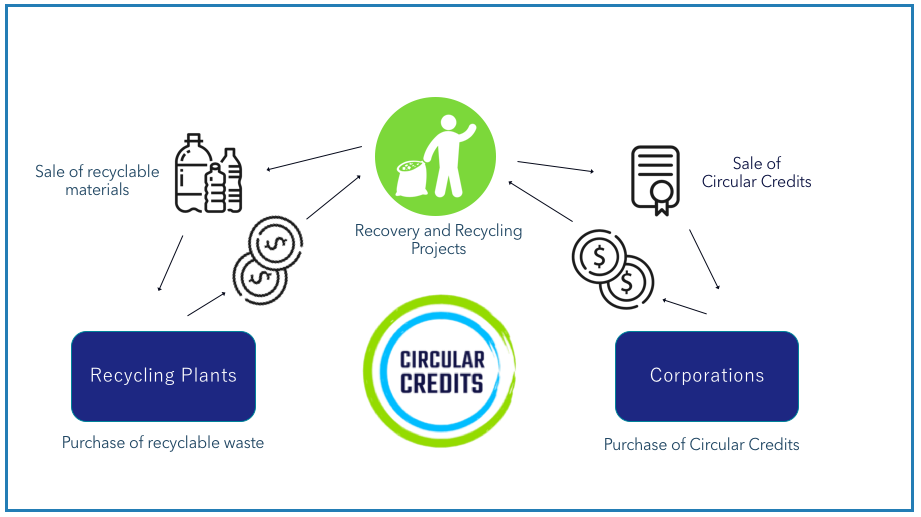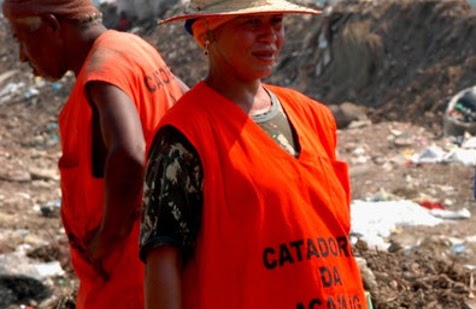Additionality
No Double-Counting
Demonstrability
No Free-Riding
Fair Remuneration
Do no harm
Learning by Doing
PRINCIPLE 1. Additionality
The environmental impact of activities and projects must contribute to an improvement of historic trends of waste pollution. Positive lists are adopted for specific project types deemed additional by definition. See Guidance Note on Additionality for more info.
PRINCIPLE 2. No double counting
An essential requirement of the Circular Credits Mechanism is that the environmental impact related to the recovery and destination of waste should not be attributed to more than one entity. In practice, this means that credits cannot be issued for activities where this service has already been contracted and paid for (e.g., municipal waste collection services). Similarly, the credits can only be used once, to compensate for the footprint of a certain entity.
PRINCIPLE 3. Demonstrability - monitoring and verification
The amount of credits to be issued must be substantiated by evidence that demonstrates that the activity was conducted and that a certain amount of waste materials was indeed recovered and sent to an appropriate destination. This can be done using different types of documents, such as invoices/receipts associated with the sale of materials to recycling plants, bills of laden, transportation authorization, or balance records. This documentation must be kept and made available for third party verification, to substantiate the issuance of credits.
PRINCIPLE 4. No free-riding
Related to Principle 2, the CCM only recognises the environmental service if the activities are fairly paid for, in addition to any payment for the acquisition of physical recyclable materials. For instance, in the case where waste pickers are only paid for the sale of physical recyclable materials delivered by them to a buyer, the entity buying these materials are not entitled to claim the environmental service provided. It is understood that this is a transaction involving solely the purchase of waste materials as a feedstock for recycling plants, and not a contract for the provision of an environmental service. Payment for the environmental service must be over and above the payment for the recyclable materials purchased, creates a second revenue stream for its providers.
PRINCIPLE 5. Fair remuneration
Linked to the ‘no free riding’ criterium, the provision of this environmental service must receive fair remuneration, commensurate with the workload and the time required to the provision of the service. The Circular Credits Mechanism does not intend to establish minimum prices (prices will be determined through supply and demand market basis) but will provide an oversight to ensure that participants in the scheme do not adopt exploitative market practices.
PRINCIPLE 6. Do no harm
All projects are required to meet minimum social and environmental safeguards to ensure that the activities involved in the creation of credits do not cause harm to the parties involved.
PRINCIPLE 7. Learning by doing
Recognising that there is a huge diversity in terms of technologies available and approaches that can be used by projects in different parts of the world, with different circumstances, the CCM does not assume that a ‘one size fits all’ monitoring approach can be defined at the outset. Instead, the CCM adopts a ‘learning-by-doing’ approach to its monitoring and verification exigencies, and will strive for continuous improvement of its requirements based on the experience learned with participating projects.
THE CIRCULAR CREDITS PATHWAY




